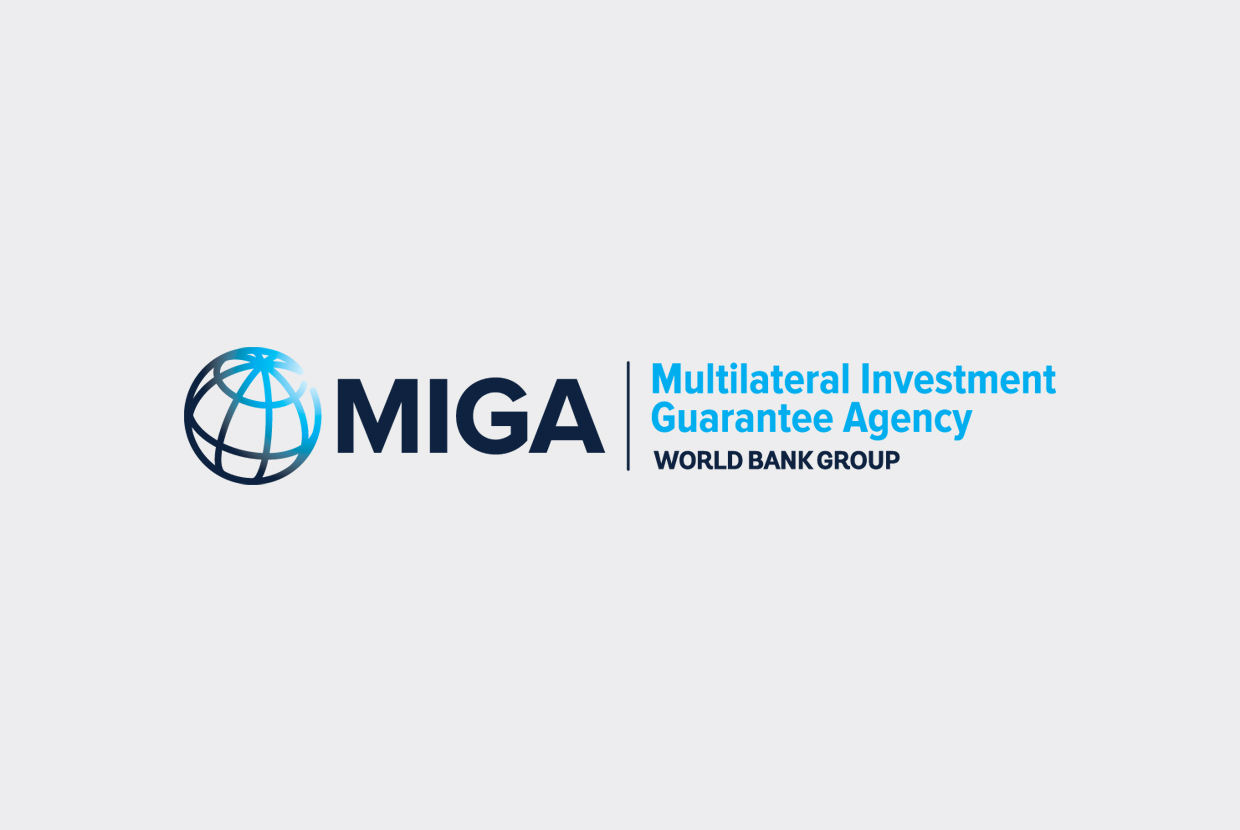The Multilateral Investment Guarantee Agency (Miga), a member of the World Bank Group, has provided US$108mn in political risk insurance for the development of a toll road in the Dominican Republic.
The insurance covers portions of a US$14mn equity investment in and a US$162mn bond issue for Autopistas del Nordeste C Por A. The coverage is for up to 20 years against the risks of transfer restriction, expropriation, war and civil disturbance, and breach of contract.
Outside financing will come from the issuance of US$162mn in senior notes, underwritten by Morgan Stanley and rated by Fitch. The issuance is a structured finance deal backed by future toll revenues and marks the first-ever bond issue for project finance covered by Miga.
The project company, Autopistas del Nordeste, is controlled by Colombian sponsors Grupo Odinsa and Grodco, as well as Dominican construction firm Consorcio Remix. The project was advised by Astris Finance, a Dexia group company.
The project consists of the design, construction, operation, and maintenance of a 106km toll road that will connect Santo Domingo with the country’s northeastern peninsula. The 30-year concession – the country’s first-ever highway licence – was awarded to Autopistas del Nordeste in 1999 through an international bidding process.
“This project is expected to have a significant positive impact on the Dominican Republic’s ongoing development,” says Yukiko Omura, executive vice-president of Miga. “The project is consonant with the World Bank Group’s strategy of restoring economic growth and competitiveness in the country, given the highly positive economic impact in terms of reducing transportation costs and providing the infrastructure needed to further develop the tourist area of Saman.
The project is expected to lower transportation costs by reducing distance and travel time from 220km and four hours to 120km and 1.5 hours respectively. Progress on the toll road has already led to investments in a free trade zone that is connected by the road to the international airport of Santo Domingo. Other development impacts include growth in agribusiness, as farmers will have faster and cheaper access to markets in the capital, and tax generation estimated at US$50mn over the life of the project.
In addition, revenues generated by the project above a specific threshold will be paid to the government. The project is expected to create 2,465 jobs during the construction phase, and about 1,300 once operational.
According to the concession, the government is responsible for 20% of construction costs (roughly US$30mn). The project in turn provides for all operational and maintenance costs for 30 years, an important contribution given that these items are often cut from budgets during streamlining exercises. Tariffs are defined in Dominican pesos and are indexed to local inflation.
“Our involvement in the project was critical to the investment going forward,” says Philippe Valahu, Miga’s acting director of operations. “Absent this bond issue, it would have been difficult to attain adequate financing and this project simply could not have happened. Banks were not willing to lend for 20 years, which is what an infrastructure project of this type would have needed. We hope that the project serves as a model to encourage other foreign investments in the country’s infrastructure.”






